hygiene
Our female reporter gets her ears cleaned by someone else for the first time in years, and loves it.
We may no longer have to completely remove our masks for socially-distant dining out experiences.
A helpful science experiment shows that masks, whether bought in a store or made at home, can help protect you against coronavirus.
Any parents in Japan fretting about their kids’ hand hygiene will want to buy one of these cute stamps.
Recent request for better idol singer fan hygiene prompts preparation of nearly 50,000 body wipe sheets.
Smelly handshake event prompts frank discussion and suggested solutions for common problem at idol appearances.
It’s no exaggeration to say that Japan is pretty obsessive when it comes to societal safety and manners. Japanese people often go to ridiculous/disgusting lengths to stay safe and to make sure that visitors are aware of all the unspoken rules that permeate throughout the country.
But sometimes it’s all just too much, even for the native Japanese themselves. So we present to you a list of the top 10 things that even Japanese people think they’re too obsessive over. Are you just as paranoid as they are, or would you be considered a carefree spirit in Japan? Read on to find out!
In recent years, contact lenses are used not only as a means of correcting eyesight, but also as a fashion element as colored lenses, also known as circle lenses, gained worldwide popularity for their iris enlarging effects which give the illusion of bigger, brighter eyes.
An article from ETToday suggests that the annual sales of circle lenses in China exceeds one hundred million pieces. Where there is demand, there is supply, but it’s no secret that Chinese manufacturers do not have a good track record where quality and hygiene standards matter. In an attempt to find out if circle lenses are safe for everyday wear, one Chinese news channel put the contact lenses to the test, however not on human subjects but on rabbits, enraging many animal lovers online.
For the most part, Japan takes personal hygiene pretty seriously. Combing your hair, putting on makeup, and getting dressed in the proper attire are all seen as essential parts of getting ready to go out in public, and dress codes are a much bigger deal than in some countries.
The standard grooming routine runs into one pretty big problem in the summer, though. Since most people in Japan take a bath at night before going to bed, by the time they arrive at work or school the next day, several hours have passed, during which sweat, oil, and odors can build up on the body. To combat this, there’s a wide variety of fragrances and deodorants available in drug stores, with one brand in particular that’s being described as “the ideal scent for women.”
Relationships are something that have to be worked at rather than simply hoping will go well and complaining about when they’re not everything we dreamed. That honeymoon period where you’re first getting to know your partner and learning one another’s little quirks is fun and exciting alright, but it eventually ends and before you know it you’re having to think about things like whose turn it is to hang out the laundry or clean the sink.
One thing that really puts relationships to the test is whether two people can stomach one another’s little habits and quirks. Sharing your home means letting your partner see you at your most natural, rather than just freshly showered, shaved and looking good for dates. Farting in your sleep, trimming your toenails, popping off to the bathroom for a number two; these things all have to be done and there’s no way of hiding them forever. But there are certain behaviours that we all really ought to get in check before signing a lease on an apartment or agreeing to cohabit, as exhibited by the following three tales from gentlemen (and we use the term loosely) in Japan…
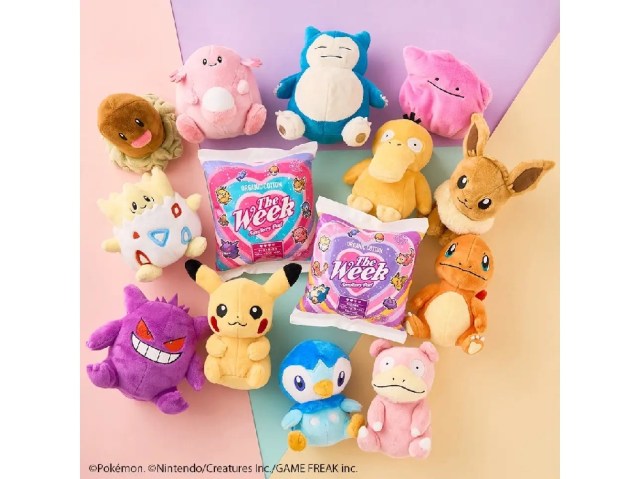
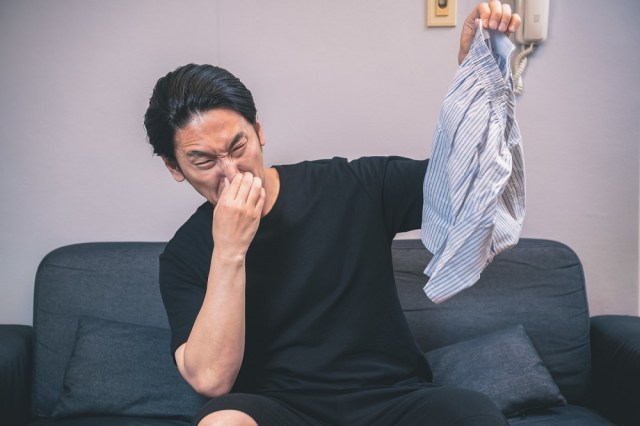
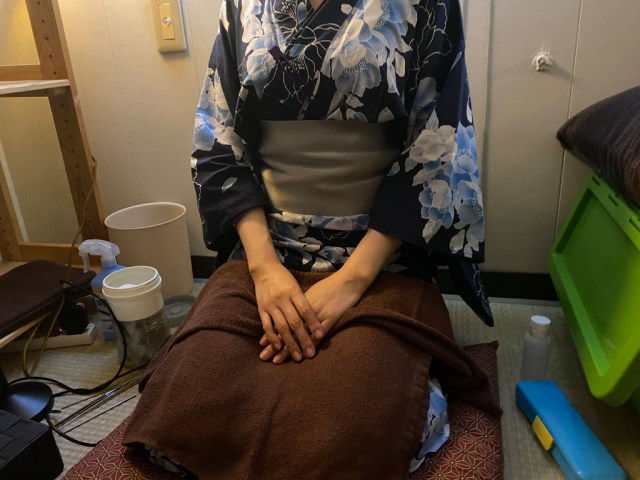
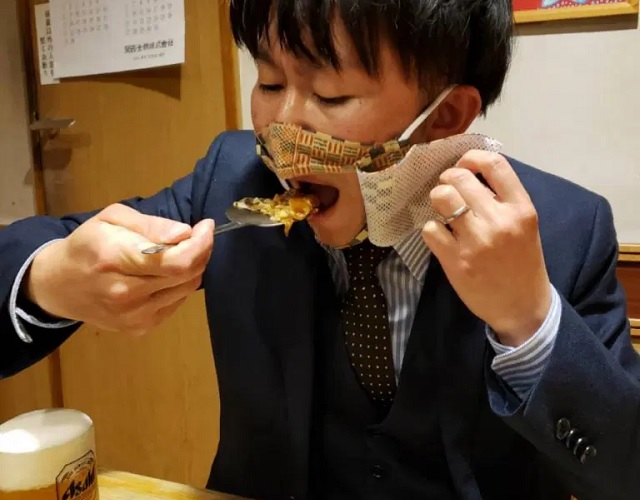
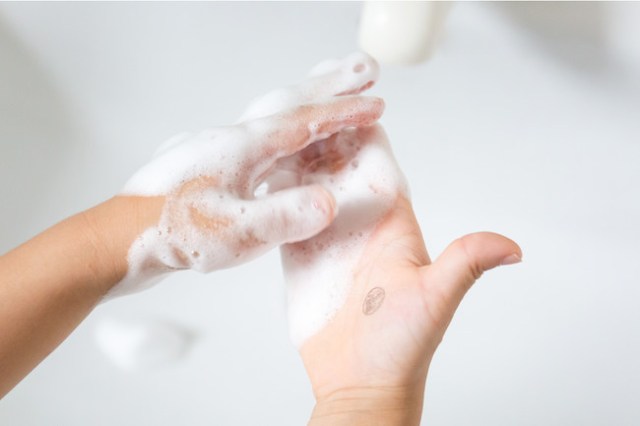
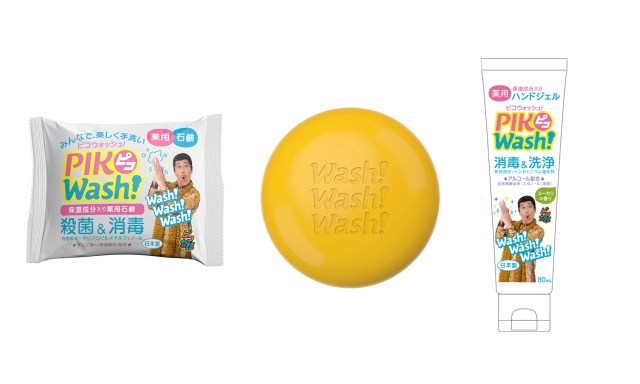

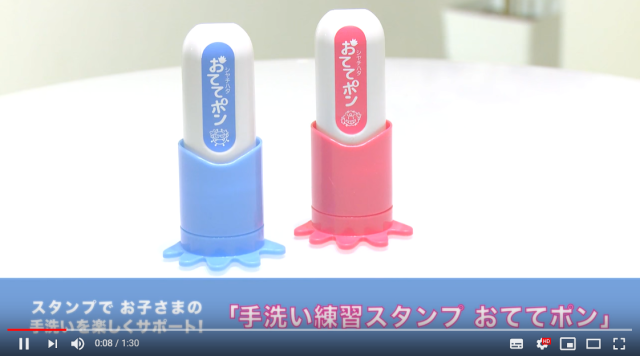
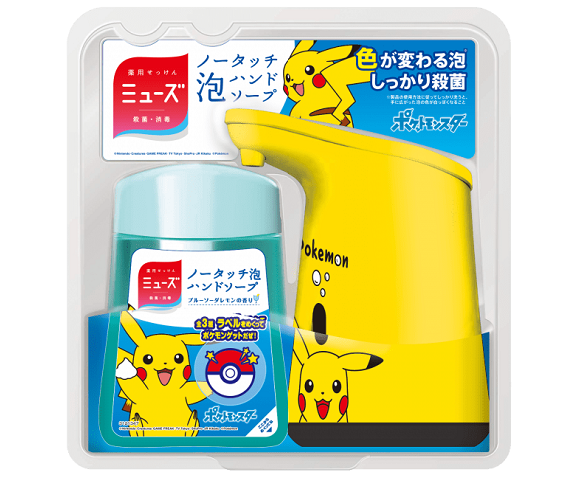
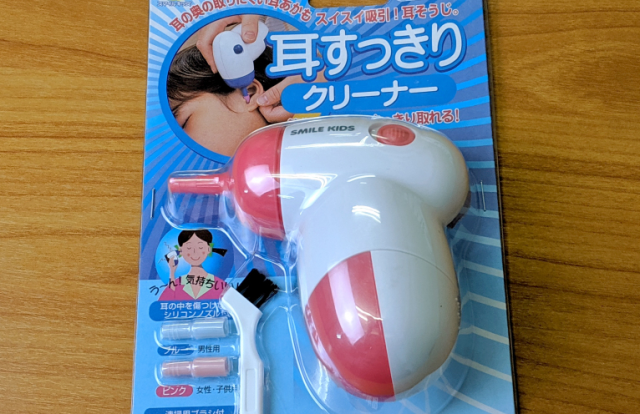
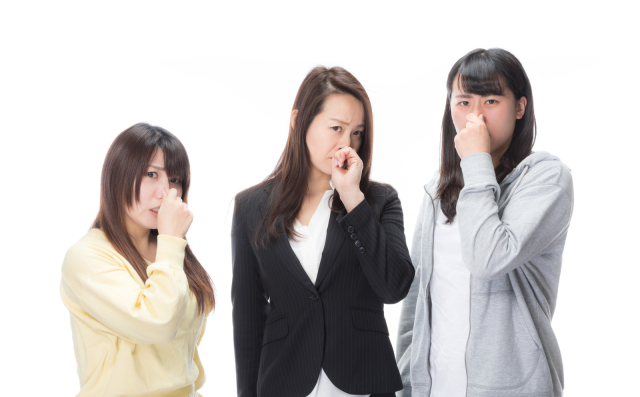



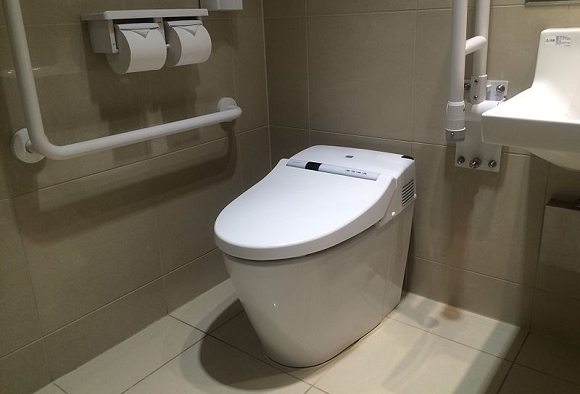
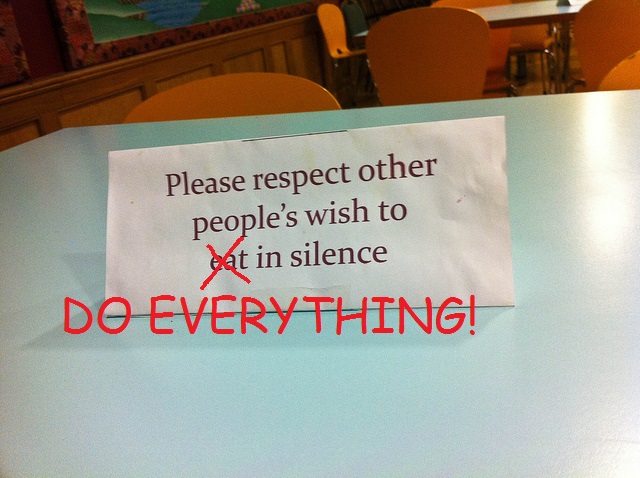


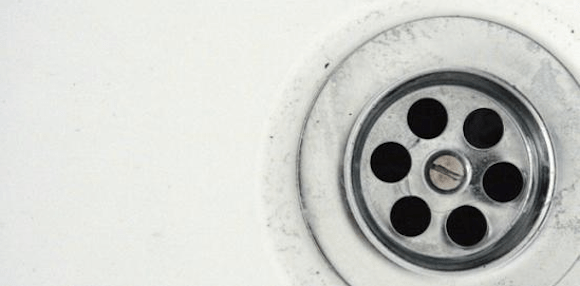
 Viral Japanese cheesecake from Osaka has a lesser known rival called Aunt Wanda
Viral Japanese cheesecake from Osaka has a lesser known rival called Aunt Wanda The best Hobonichi diaries, covers and stationery for 2026
The best Hobonichi diaries, covers and stationery for 2026 Lawson adds doughnuts to its convenience store sweets range, but are they good enough to go viral?
Lawson adds doughnuts to its convenience store sweets range, but are they good enough to go viral? Sento bathhouse gets a new lease on life as a Tokyo cafe and office space
Sento bathhouse gets a new lease on life as a Tokyo cafe and office space Drift ice in Japan is a disappearing winter miracle you need to see now
Drift ice in Japan is a disappearing winter miracle you need to see now Death Spray from Japan causes buzz online for powerful ability to cut ties with bad energy
Death Spray from Japan causes buzz online for powerful ability to cut ties with bad energy Fives places around Japan to appreciate the plum blossoms this season
Fives places around Japan to appreciate the plum blossoms this season Hoisu: The phantom Japanese sake that can’t be purchased in stores
Hoisu: The phantom Japanese sake that can’t be purchased in stores New Totoro insulated bags are for baby bottles (but secretly for grown-up fans too)【Photos】
New Totoro insulated bags are for baby bottles (but secretly for grown-up fans too)【Photos】 Picture of a pufferfish vomiting water is the Japanese Internet’s newest darling
Picture of a pufferfish vomiting water is the Japanese Internet’s newest darling Starbucks Japan releases first-ever Hinamatsuri Girls’ Day Frappuccino
Starbucks Japan releases first-ever Hinamatsuri Girls’ Day Frappuccino Japanese restaurant chain serves Dragon Ball donuts and Senzu Beans this spring
Japanese restaurant chain serves Dragon Ball donuts and Senzu Beans this spring Highest Starbucks in Japan set to open this spring in the Tokyo sky
Highest Starbucks in Japan set to open this spring in the Tokyo sky Japan Extreme Budget Travel! A trip from Tokyo to Izumo for just 30,000 yen [Part 1]
Japan Extreme Budget Travel! A trip from Tokyo to Izumo for just 30,000 yen [Part 1] Japan has only one airport named after a samurai, so let’s check out Kochi Ryoma【Photos】
Japan has only one airport named after a samurai, so let’s check out Kochi Ryoma【Photos】 Japan Extreme Budget Travel! A trip from Tokyo to Izumo for just 30,000 yen [Part 2]
Japan Extreme Budget Travel! A trip from Tokyo to Izumo for just 30,000 yen [Part 2] Japan’s craziest burger chain takes menchi katsu to new extreme levels
Japan’s craziest burger chain takes menchi katsu to new extreme levels Japanese drugstore sells onigiri at pre-stupid era prices, but how do they compare to 7-Eleven?
Japanese drugstore sells onigiri at pre-stupid era prices, but how do they compare to 7-Eleven? Yakuzen ramen restaurant in Tokyo is very different to a yakuza ramen restaurant
Yakuzen ramen restaurant in Tokyo is very different to a yakuza ramen restaurant Tokyo Skytree turns pink for the cherry blossom season
Tokyo Skytree turns pink for the cherry blossom season Japan’s newest Shinkansen has no seats…or passengers [Video]
Japan’s newest Shinkansen has no seats…or passengers [Video] Starbucks Japan releases new sakura goods and drinkware for cherry blossom season 2026
Starbucks Japan releases new sakura goods and drinkware for cherry blossom season 2026 Foreigners accounting for over 80 percent of off-course skiers needing rescue in Japan’s Hokkaido
Foreigners accounting for over 80 percent of off-course skiers needing rescue in Japan’s Hokkaido Super-salty pizza sends six kids to the hospital in Japan, linguistics blamed
Super-salty pizza sends six kids to the hospital in Japan, linguistics blamed Starbucks Japan unveils new sakura Frappuccino for cherry blossom season 2026
Starbucks Japan unveils new sakura Frappuccino for cherry blossom season 2026 Foreign tourists in Japan will get free Shinkansen tickets to promote regional tourism
Foreign tourists in Japan will get free Shinkansen tickets to promote regional tourism The 10 most annoying things foreign tourists do on Japanese trains, according to locals
The 10 most annoying things foreign tourists do on Japanese trains, according to locals Take a trip to Japan’s Dododo Land, the most irritating place on Earth
Take a trip to Japan’s Dododo Land, the most irritating place on Earth Naruto and Converse team up for new line of shinobi sneakers[Photos]
Naruto and Converse team up for new line of shinobi sneakers[Photos] Is China’s don’t-go-to-Japan warning affecting the lines at a popular Tokyo gyukatsu restaurant?
Is China’s don’t-go-to-Japan warning affecting the lines at a popular Tokyo gyukatsu restaurant? Survey asks foreign tourists what bothered them in Japan, more than half gave same answer
Survey asks foreign tourists what bothered them in Japan, more than half gave same answer Japan’s human washing machines will go on sale to general public, demos to be held in Tokyo
Japan’s human washing machines will go on sale to general public, demos to be held in Tokyo Starbucks Japan releases new drinkware and goods for Valentine’s Day
Starbucks Japan releases new drinkware and goods for Valentine’s Day We deeply regret going into this tunnel on our walk in the mountains of Japan
We deeply regret going into this tunnel on our walk in the mountains of Japan Studio Ghibli releases Kodama forest spirits from Princess Mononoke to light up your home
Studio Ghibli releases Kodama forest spirits from Princess Mononoke to light up your home Major Japanese hotel chain says reservations via overseas booking sites may not be valid
Major Japanese hotel chain says reservations via overseas booking sites may not be valid Put sesame oil in your coffee? Japanese maker says it’s the best way to start your day【Taste test】
Put sesame oil in your coffee? Japanese maker says it’s the best way to start your day【Taste test】 No more using real katana for tourism activities, Japan’s National Police Agency says
No more using real katana for tourism activities, Japan’s National Police Agency says Death Spray from Japan causes buzz online for powerful ability to cut ties with bad energy
Death Spray from Japan causes buzz online for powerful ability to cut ties with bad energy Fives places around Japan to appreciate the plum blossoms this season
Fives places around Japan to appreciate the plum blossoms this season Hoisu: The phantom Japanese sake that can’t be purchased in stores
Hoisu: The phantom Japanese sake that can’t be purchased in stores New Totoro insulated bags are for baby bottles (but secretly for grown-up fans too)【Photos】
New Totoro insulated bags are for baby bottles (but secretly for grown-up fans too)【Photos】 Picture of a pufferfish vomiting water is the Japanese Internet’s newest darling
Picture of a pufferfish vomiting water is the Japanese Internet’s newest darling McDonald’s Japan releases first-ever matcha pie, perfectly timed for sakura season
McDonald’s Japan releases first-ever matcha pie, perfectly timed for sakura season Japanese drugstore sells onigiri at pre-stupid era prices, but how do they compare to 7-Eleven?
Japanese drugstore sells onigiri at pre-stupid era prices, but how do they compare to 7-Eleven? Starbucks Japan unveils the new Soupuccino
Starbucks Japan unveils the new Soupuccino Survey finds that one in five high schoolers don’t know who music legend Masaharu Fukuyama is
Survey finds that one in five high schoolers don’t know who music legend Masaharu Fukuyama is Is Starbucks Japan’s new Gohobi Melon Frappuccino really the ultimate melon Frappuccino?
Is Starbucks Japan’s new Gohobi Melon Frappuccino really the ultimate melon Frappuccino? Ten common characteristics of Japanese graphic design
Ten common characteristics of Japanese graphic design Ramen for 99 yen?!? Best value-for-money noodles found at unlikely chain in Japan
Ramen for 99 yen?!? Best value-for-money noodles found at unlikely chain in Japan